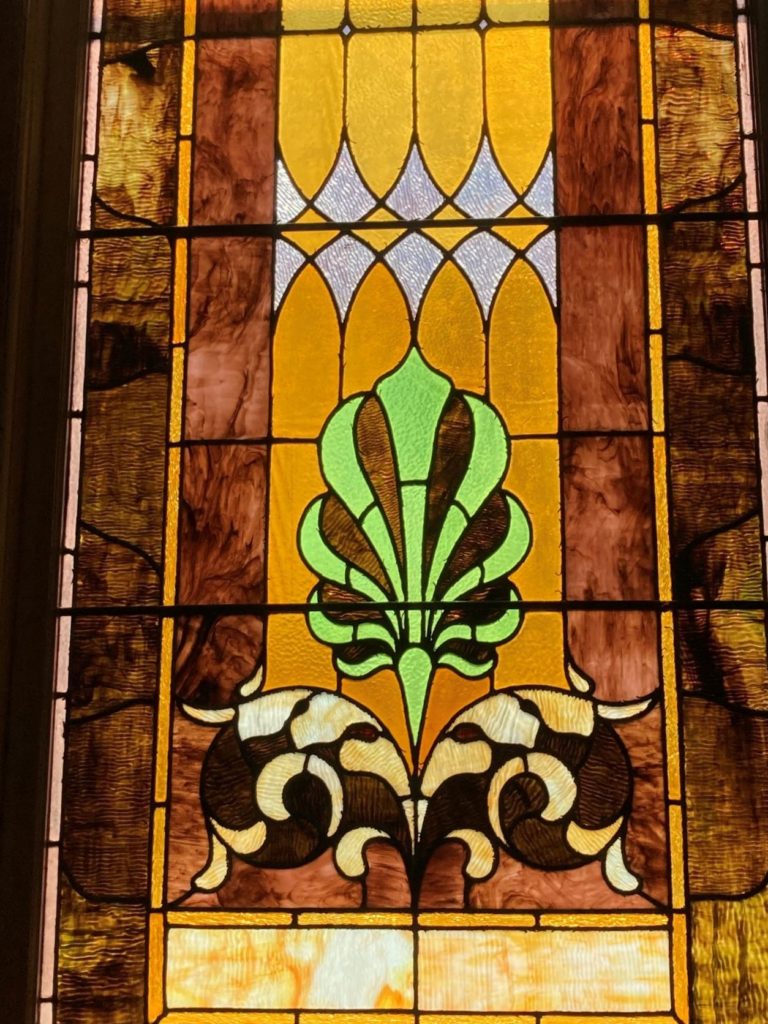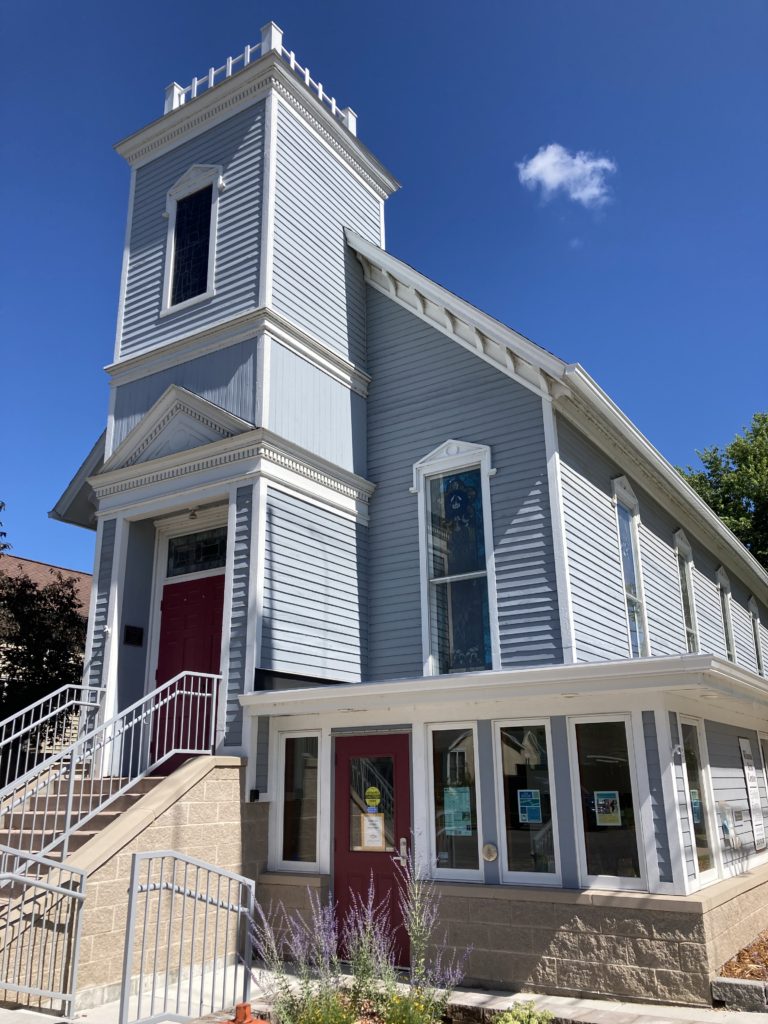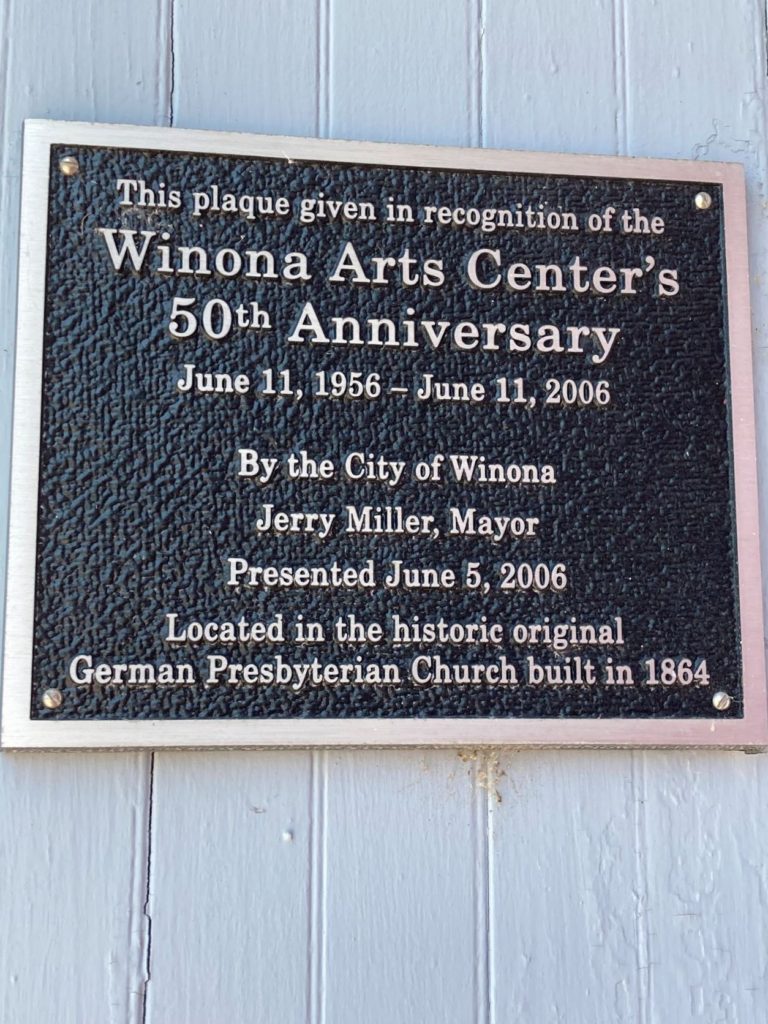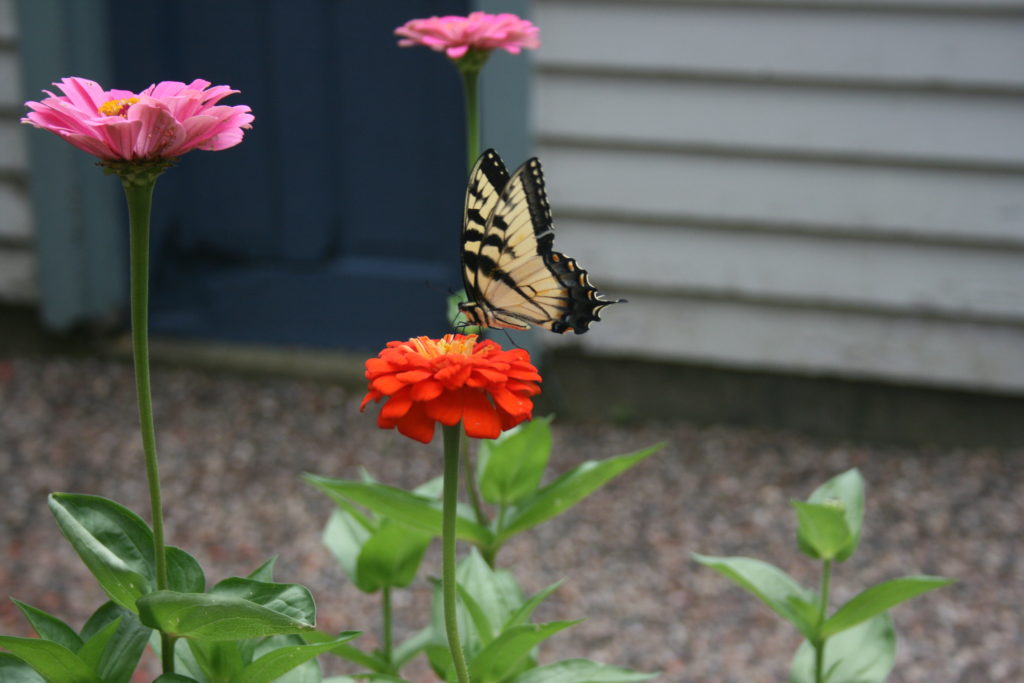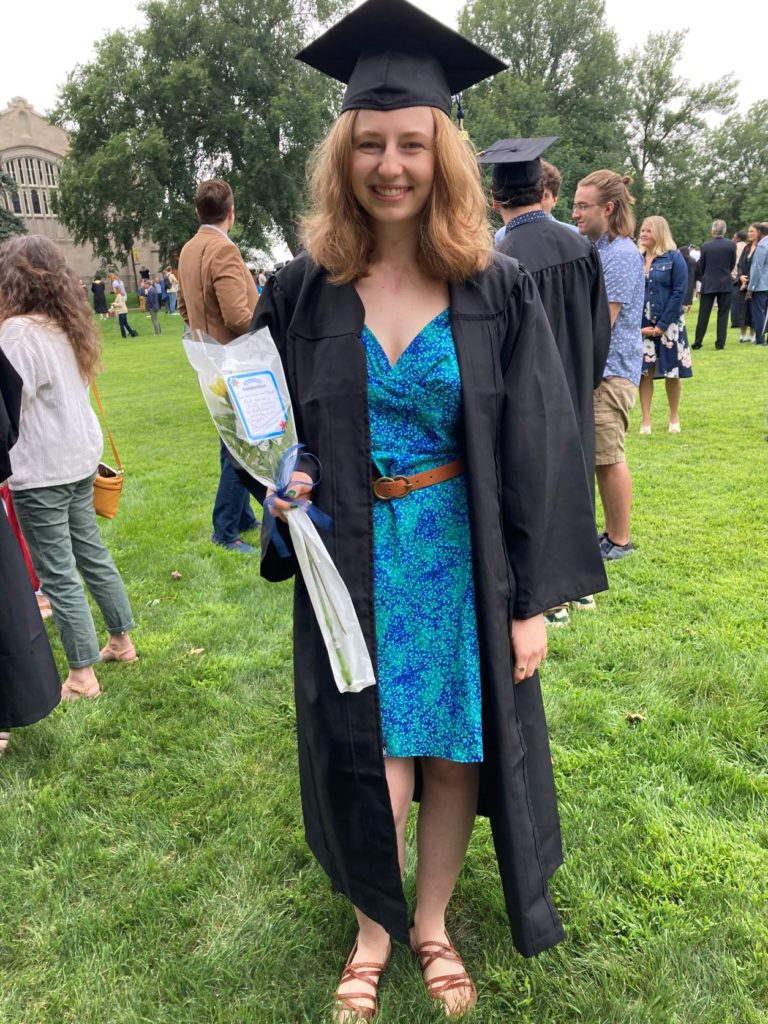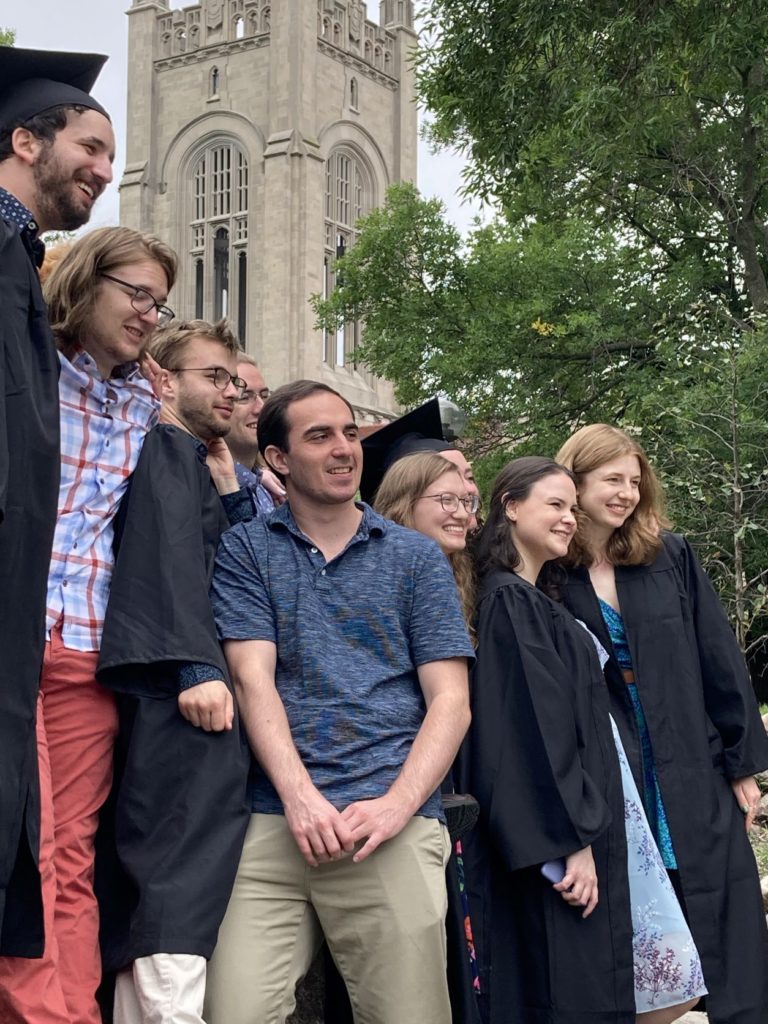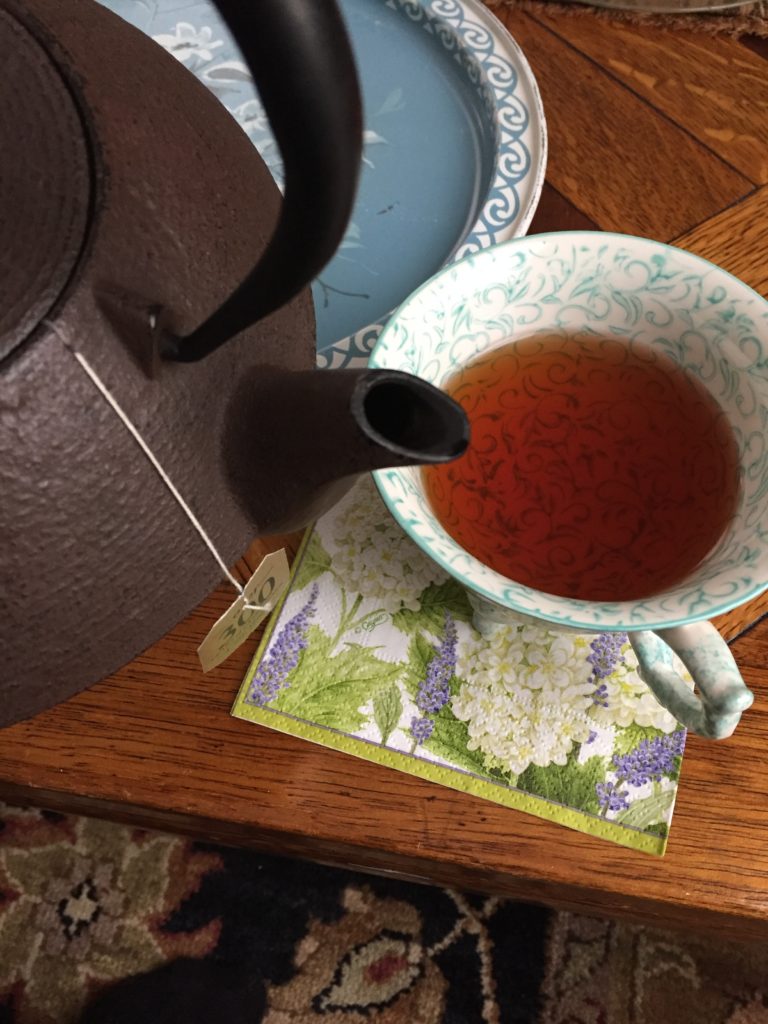
Monthly Archives: August 2022
NAUGATUCK RIVER REVIEW Publishes My Poem, “A Valentine” in the Summer/Fall 2022 Issue
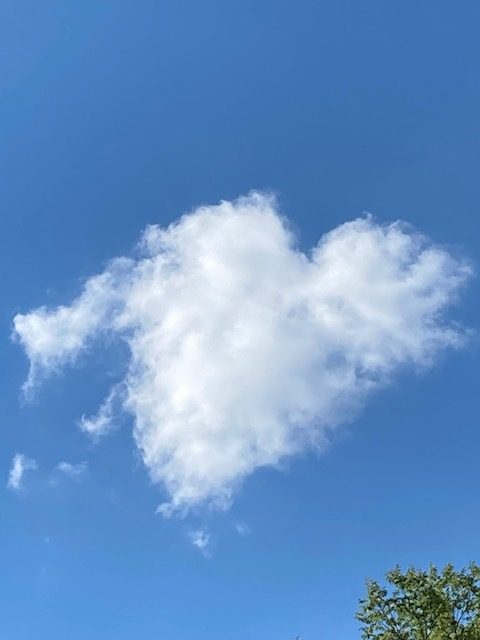
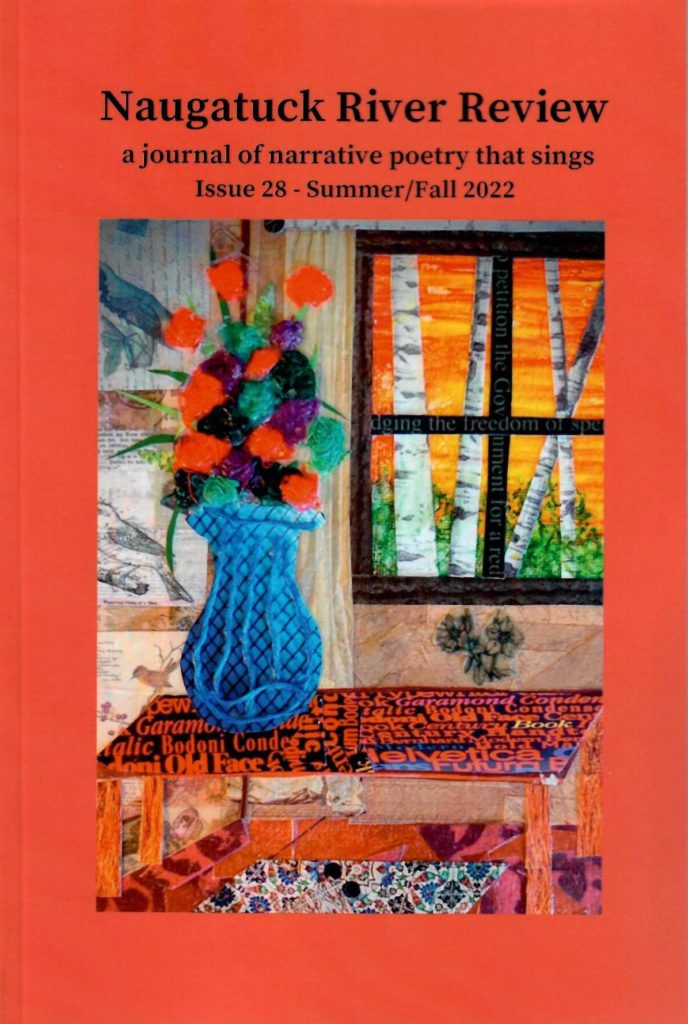
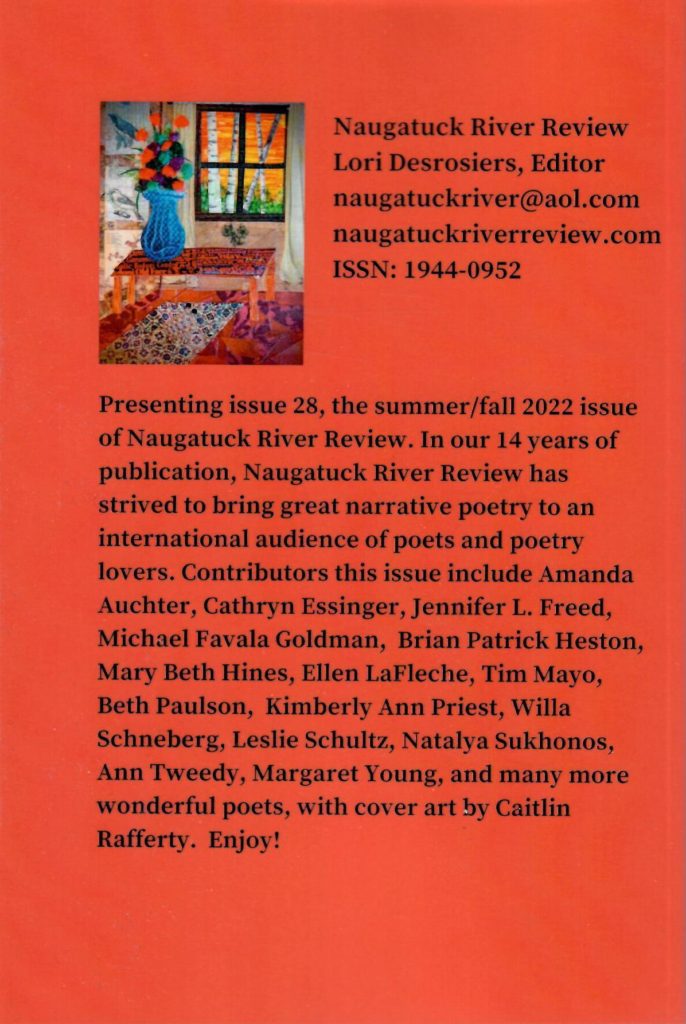
This week, the newest issue of Naugatuck River Review: A Journal of Narrative Poetry that Sings landed in my mail box!
I was immediately drawn to this cover art, a collage by Caitlin Rafferty of Foxboro, Massachusetts, called “Badinage.” I think of this word as meaning a kind of teasing repartee, sort of a Spencer-Tracy back-and-forth. At first, I thought the title of the piece referred to the fragments of text echoing the birch trees and table legs, a kind of conversation between trees, wood, and paper, perhaps. Then, when I read the about the other elements, where I expected to see “yarn” instead I read “embroidery thread.” Aha! The scale is smaller than I had realized–the whole piece only 10″ by 8″ and is even small than standard sheet of paper. This wit is actually a perfect objective correlative for the contents of this journal of narrative poetry, since each of the 62 poems by as many poets builds up an entire world within the miniature scale of a short poem.
As I write this, I am reflecting on the contents. I have read every one. All were skillful and made me think. Many, I know, are poems that I shall return to time and again. None were by poets already known to me. It was difficult to select only a few to call out, but I shall limit my spotlight to just six, less than 10 percent!
“Kalia” is by Roderick Bates of Vermont. It deftly draws the gentle exchange of world views between the speaker’s freshman roommate, a young Hindu man, and his mother, a proseltyzing Christian.
“The Stone Woman on the Seawall” by Texas poet Amanda Auchter gives eloquent voice to a sculpture memorializing the devastating hurricane that struck Galveston in 1900. The poem has added resonance due to our world’s accelerating extreme weather in 2022.
“You Were Skittish” by Lorraine Jeffery, a poet from Michigan, a poem about the connections and gulfs between humans and other animals, made me gasp and then tear up at its unexpected ending.
“Union Square” by Don Hogle, accomplished poet and dedicated traveler, holds a bittersweet image in its last lines that I don’t think I will ever forget.
“After Bishop” by Natalya Sukhonos, a poet and educator born in Odessa, Ukraine who grew up and currently lives in the United States. In this free-verse poem, Sukhonos alludes to and echos the elegaic mood of Elizabeth Bishop’s celebrated villanelle about loss, “One Art,” but makes the formal and personal landscapes all her own.
My favorite? If pushed to choose, I would go for “Reclaiming Your Inner Emily Dickinson” by Barbara Unger, recognizing my own rueful-joyful emotions regarding recent quarantine mandates. Ungar, an accomplished poet, translator, and teacher, gets the tone exactly right in this advice that speaks compellingly to my introverted nature.
I think that this issue of Naugatuck River Review is one in which the reader can safely and happily judge the book by its cover.
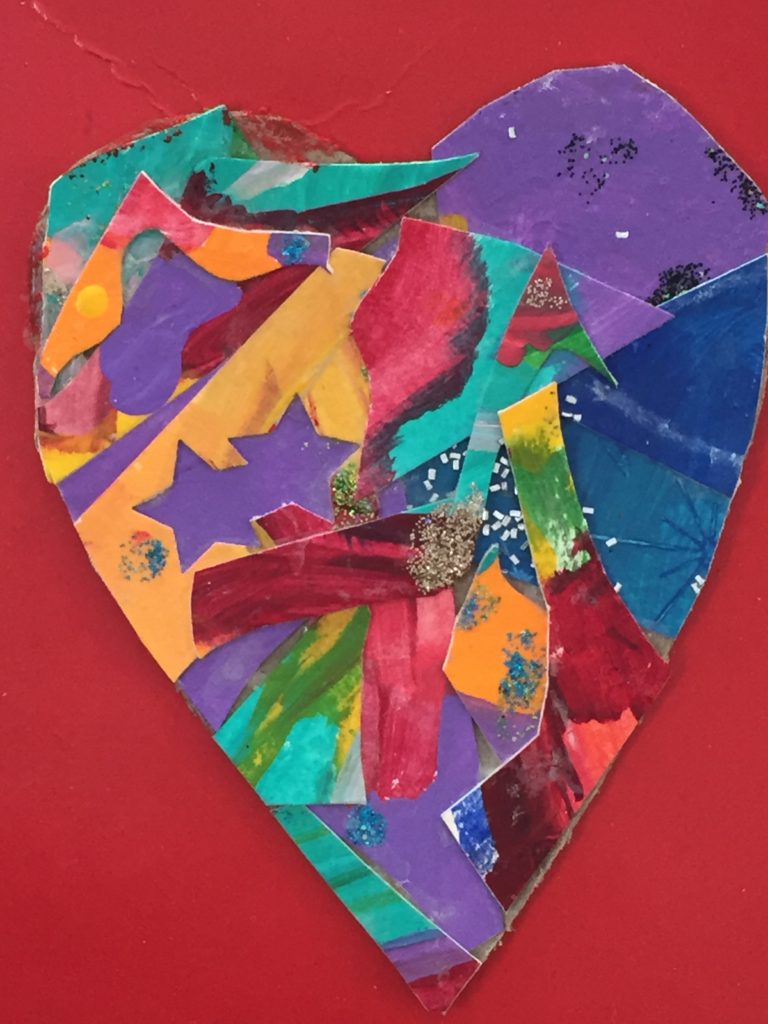
LESLIE
Postcard: August 22, 2022
Maria W. Faust Sonnet Contest Celebration 2022
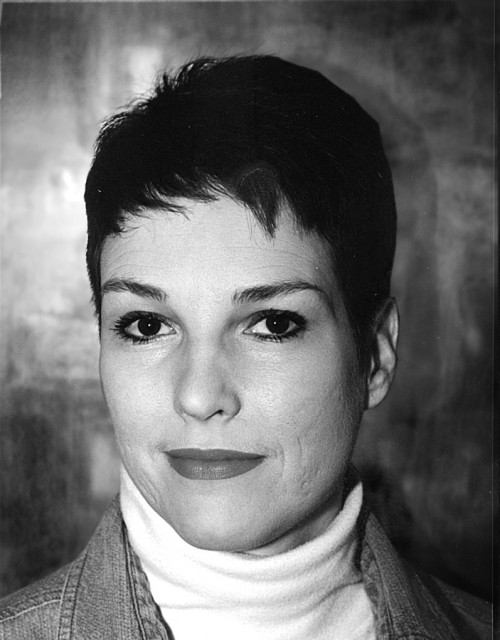
In 2022, for the second time, I was able to join in the judging of the Maria W. Faust Sonnet Contest. This phenomenal contest, now in its tenth year under the patronage of Ted Haaland, husband of the late Maria W. Faust, has grown from 85 entries in 2013. In 2022, 700 sonnets were received from 42 US states plus Washington, DC and 10 other countries—an increase of 15% over 2021. Entries in the Youth category jumped 50%. Through the
contest, poets around the world now know of Winona, Minnesota and its thriving arts community.
The contest encourages the creation of modern poems in sonnet form. It is made possible through the efforts of many, many people: not only the financial patronage and moral support of Ted Haaland (please see below for tributes to Ted in his tenth year as patron of the contest!) but also the dedication and vision of the Great River Shakespeare Festival, the Winona Arts Center, the River Arts Alliance, the contest judges (poets and long-time judges James Armstrong, Ken McCullough, Emilio DeGrazia, as well as, more recently, me,) and the “Sonnet Crew” led by Heidi Bryant and mightily assisted by Johanna Rupprecht, Steve Bachelor, and Jackie Henderson.
Click HERE to view the video of the closing ceremony held at the Winona Arts Center on Saturday, July 30, 2022. Hear a short statement by Contest patron Ted Haaland, as well as each of the sonnets read either by the winning poet or by Doug Scholz-Carlson or actor of the Great River Shakespeare Festival and the musical artistry of Winona’s woodwind quartet Flutistry. The Winona Post covered the event in two separate articles.
Tributes to Ted Haaland:
“Ted’s sponsorship of the Maria Faust Sonnet Contest makes Winona an international sonnet center. Poets who are challenged and inspired by the classical sonnet form now have a place to showcase their art. Thanks to Ted’s vision, area sonneteers—experts and novices alike—have the opportunity to attend poetry events, and young poets are being specifically encouraged to connect with the tradition. Ted has found an excellent way to spread his love of poetry and to help expand Winona’s reputation as an arts destination, and we are so grateful to him.” —Jim Armstrong
“Being a judge of the Maria W. Faust Sonnet Contest has been a boon to me personally, in my own writing. Reading so many sonnets has, by osmosis, calibrated my poem-making apparatus to 14 lines, mostly iambic pentameter; I get in, say what needs to be said, then get out. I know that I will have the opportunity to make several turns at critical junctures within those 14 lines. I still write an occasional longer poem, but the sonnet has converted me. Thanks to Ted Haaland’s generosity, our contest has grown exponentially, in quality and in reputation, and with it the receptivity of Winonans to poetry in general.” —Ken McCullough
“Ted Haaland knew too well how important honest and heart-felt words are. He had many for his beloved Maria and spent many hours honoring her with those he had crafted himself. He has been most generous in passing on to others, including the young, his sense that poetry is a vital sustainer of good life, especially in life’s darkest times.” —Emilio DeGrazia
“Ted Haaland is a generous-minded visionary. His love for his late wife, Maria, who was a
passionate supporter of the arts, has moved him not only to write his own sonnets, but also to celebrate and encourage the creation of new poems in this versatile and powerful sonnet form by more than a thousand poets, people he has never personally met. By his unwavering support, he has created a truly living memorial, not just to Maria, but to powerful comfort that love—and love of true, artfully rendered words—offers to us all.” —Leslie Schultz
Ted’s head is filled with words. Images and music find their place . . .
As the day unfolds, words react to something, escape, focus and
find themselves organized on paper,
Part of the day’s thought and experience, now captured in a poem.
The word supply in Ted’s head is inexhaustible. The words wait for a new
day’s living that will tickle them into action.
What a marvelous contribution Ted continues to make to our welfare honoring his wife in the Maria W. Faust Sonnet Contest.” —David Marshall
Click HERE to read the 2022 winning sonnets in a digital book form.
